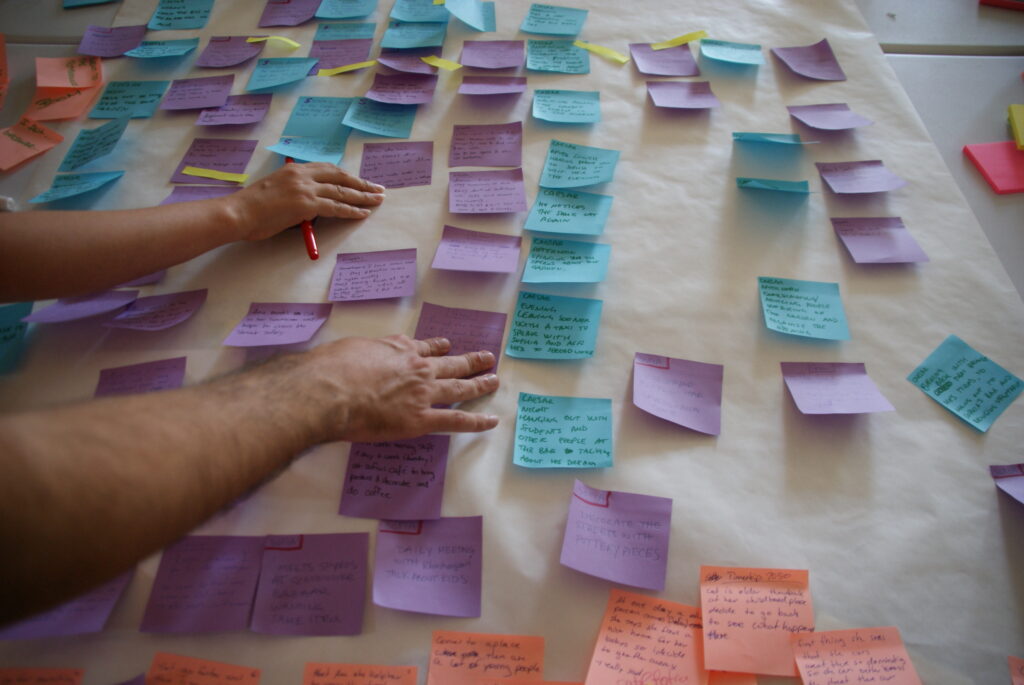Contents
Cross-cutting theme 1: Landscape Economy – From systems thinking to systems design

Group lead:
Dirk Funck (NGU), Angeliki Paraskevopoulou, LNI/local members tba
Our Challenge:
How might we generate innovative business models to sustain our new landscape systems in Vác?
This cross-cutting thematic working group focuses on developing innovative (social) business models that foster nature experience for both children and adults, while supporting the realisation and sustainability of the previous topics and ideas: resilient urban peripheries, local food systems, the living landscape biography, and mobility-driven placemaking.
Local dynamics and opportunities:
- Continuously changing population: Vác’s evolving demographic dynamics present a challenge for creating sustainable governance models that can sustain and cater to diverse needs. The group will explore how participatory tools can adapt to shifting populations while maintaining inclusivity, stability and relevance.
- Business and cooperation models: The group will explore how business-oriented strategies and innovative cooperation models, such as eco-tourism, community-supported agriculture, or local branding, can be designed to enhance nature experience and sustainable living in the urban periphery.
- Co-governance: Identifying participatory tools and governance models that encourage community involvement in managing landscapes, from allotment gardens and recreational trails to heritage sites, while fostering a sense of ownership and connection to nature.
Objectives:
- Develop Sustainable Economic Models: Create strategies that support local economies while enhancing nature experiences. Examples include incentivizing green businesses, supporting urban agriculture initiatives, and promoting eco-friendly tourism in Vác.
- Foster Participation Across Age Groups: Develop participatory tools, such as community workshops, co-design sessions, and digital platforms, to include children and adults in shaping and managing Vác’s landscapes.This will empower the community to contribute actively to the four thematic areas.
- Support Cross-Thematic Goals: Align economic and management strategies with the specific objectives of the other working groups:
- For resilient urban peripheries, support community-driven green infrastructure initiatives that create accessible natural spaces.
- For local food systems, create economic incentives and cooperation models for urban agriculture and local food markets.
- For the living landscape biography, support the preservation and adaptive reuse of historical landscapes that integrate natural elements.
- For mobility and placemaking, foster investments in green transport corridors and recreational routes.
Expected outcomes:
- Business models and cooperation models applicable to the local landscape context of Vác
- Linking Vác to good practice cases and transfer of knowledge to the local community
- Prototypes and tangible models of the business ideas to gather community feedback and local awareness
